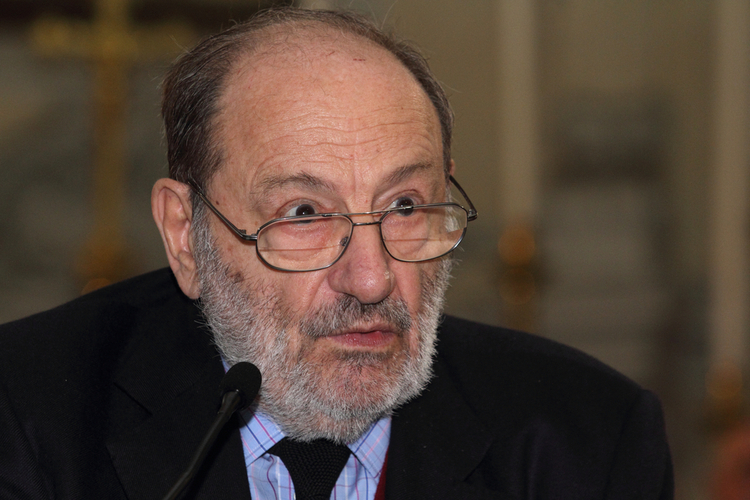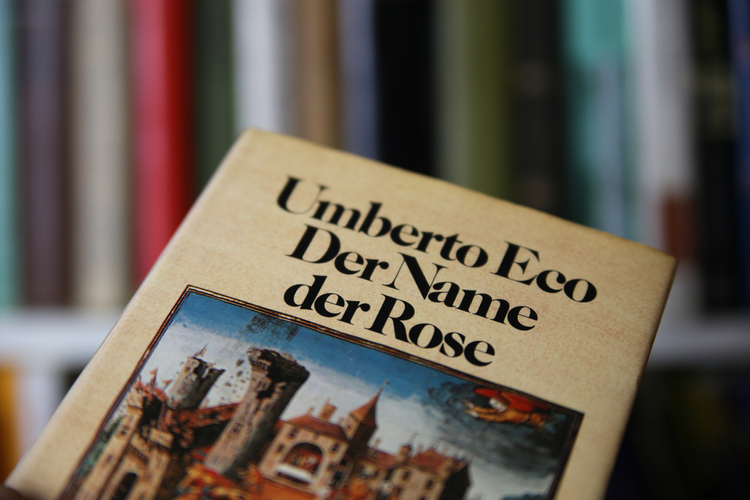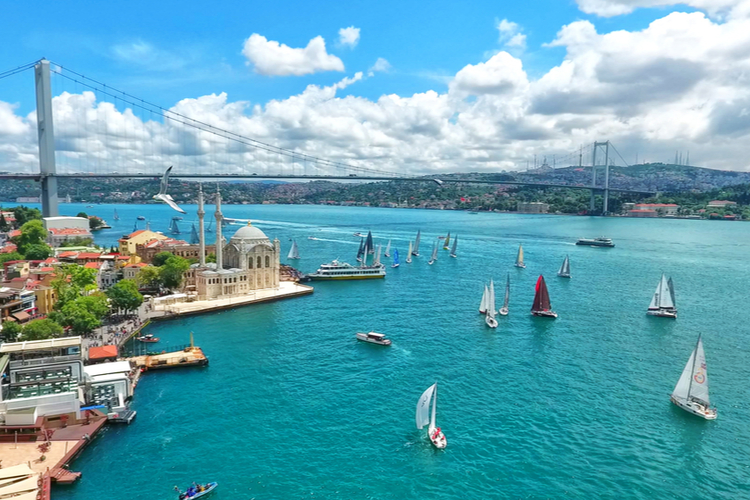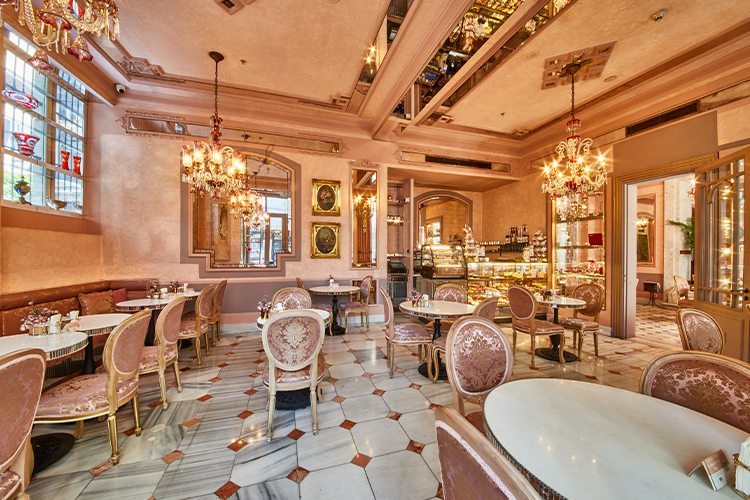Passers-by Pera Palace Hotel: Umberto Eco
Pera Palace Hotel was built in the 19th century to host Orient Express passengers. Opening from Pera to Istanbul, this magnificent architecture becomes history itself while witnessing history. The building in the unique district, which was once called “Little Europe”, has hosted many famous guests from past to present. It hosted many world-famous names in the fields of art, politics, literature, and cinema, especially Mustafa Kemal Atatürk, the founder of the Republic of Turkey. Queen Elizabeth II, famous actress Greta Garbo, famous director Alfred Hitchcock, and famous writers Ernest Hemingway and Agatha Christie are just a few of these guests. Thanks to these names, Pera Palace Hotel gained cultural value as well as its architectural significance. Among the names hosted by Pera Palace Hotel is the Italian scientist, writer, critic, and thinker Umberto Eco, who is considered one of the most important intellectuals of the literary world.
A Game-changing Intellectual, One of the Rare Pens of Italian Literature

The famous writer of Italian literature, Umberto Eco, was born in January 5, 1932, in the city of Italy, Alessandria. After his father was taken to the war, he settled with his mother at the foot of the Piedmontese Mountains. Having a quiet childhood, Eco follows his own interests in response to his father, who wants him to be a lawyer.
After studying Medieval Philosophy and Literature at the University of Turin, Eco starts teaching at the University of Turin after completing his undergraduate education. He also takes part in the Italian state television RAI. Being a cultural editor at RAI from 1954-1959 gives Eco the opportunity to critique modern culture through the eyes of the media.
Umberto Eco does his master’s and a doctorate in the Thomism movement. Since the 1960s, he focuses on avant-garde works and mass culture. Eco, who became an expert in the field of Medieval Aesthetics in 1961, received the title of “Professor of Semiotics (semiotics)” from the University of Bologna in 1975. According to semiotics, there are always connotations other than the first meanings seen in a text. The main subject dealt with in the text is given with those connotations. Eco, who specializes in semiotics academically, thus becomes a thinker who makes the invisible part of the iceberg visible. This intellectual, who is a game changer with his sharp rhetoric; lectures not only at the University of Bologna but also at world-renowned universities such as Harvard, Oxford, and Cambridge.
Italian Avant-Garde Writer

In addition to Umberto Eco’s seminal achievements in the academic field, the main factor that makes him known to the whole world is his literary works. His first novel, The Name of the Rose, was published in 1980. In the novel, which successfully reflects his expertise in the medieval field, he tells the events that took place after a priest was poisoned and killed in a monastery in the 14th century. While dealing with the religion of Christianity on the one hand, with The Name of the Rose, on the other hand, he creates an immersive fiction created with detective elements. With this novel, Eco wants to present semiotics to the masses in the mysterious atmosphere of the Middle Ages. The author, who thinks that this can best be done with a detective novel, emphasizes the complex existence of signs in our lives with fictional but clear language.
With his second novel, Foucault’s Pendulum, published in 1988, Umberto Eco creates a work that pushes the limits of literature again. This novel carries itself to the top of the world’s most important writers. In Foucault’s Pendulum, he deals with the philosophical and historical process of irrational thought dating back to the Middle Ages. He also mentions the existence of occult sciences that contribute behind the scenes to the progress of the positive sciences. The author tells the story of the science-magic brotherhood with Foucault’s Pendulum, the effects of which continue from the Middle Ages to the present, as well as the positive sciences.
“Istanbul is One of the Four Most Beautiful Cities I’ve Ever Seen.”

Undoubtedly, the path of the extraordinary name of the literary world came to Istanbul one day. Umberto Eco first came to Istanbul in 1988 as a guest of a broadcasting company. This visit greatly contributed to the inclusion of Istanbul in his work called Baudolino. The writer, who is a fan of Istanbul, dedicates a large space to Istanbul in Baudolino. He makes his next visit in 2013 and attends a talk at Boğaziçi University. During this visit, he stays at Pera Palace Hotel. Thus, the Pera Palace Hotel, which has witnessed history, and the magnificent classic of contemporary world literature, Umberto Eco, finally meet.
“Istanbul is one of the four most beautiful cities I have ever seen in the world. Rome, Rio de Janeiro, New York, and Istanbul. I have deep intellectual feelings for these four cities.” Umberto Eco passed away on February 19, 2016, due to pancreatic cancer. He left behind a library of 30,000 books, dozens of works, and groundbreaking thoughts.



